As “traditional” economies for many companies are stalling for growth a common theme for many organizations is to look towards emerging and early stage markets. The allure of emerging and early stage markets are the potential for “double and triple” digit growth with seemingly strong demand for years to come. Further enticement comes frequently from executives who visit the target countries and witness strong business to business and end consumer demand at price levels which at first glance can seem more lucrative than home based markets. The last step which leads many organizations to choose to emphasize emerging/early stage markets for entry are frequently statistics about GDP growth and disposable income trends (increasing)- which are indeed very interesting.
A number of our clients have achieved considerable success in both emerging and early stage markets- and while implementation challenges and resources demands are not easy to resolve- the proper initial screening at the strategic level can mitigate some risks and allow the company to focus on a few target areas where they have a higher probability to achieve bold growth.
One of the first steps in creating a portfolio strategy for entering emerging and early stage markets is to create strategic assumptions (if you have not already done so a good step in understanding what we mean by this is to read the blog post by my colleague Tim Lewko here).
The error we see many organizations make is to assume that general level growth (i.e. GDP, disposable income) will naturally translate into demand for the products and services they would like to sell in that particular market. Assumptions about demand are not frequently made visible and even more rarely are they validated with real current data. The error is even further compounded by not making clear the implications of the assumptions- and testing them in the target market.
The risk of error can be reduced by 3 steps:
1) Distilling down to the few critical strategic assumptions which really matter for your business. The growth of GDP is not good enough. The number of housing starts are not good enough. Disposable income is not an acceptable indicator. Push yourself and your team to really find the assumption and the data to validate or invalidate the assumption which will lead you to a reasonable implication that you can use to make decisions.
2) Validate and re-validate the data. Buying reports are not the only answer- and certainly cannot be relied on. Put people on the ground in the market, and have them use a structured process together with local support to gather, sort, organize, analyze, and verify information you and your executive team will use to take the most effective actions. Do not rely only on a local distributor or agency- even if you are considering an exclusive with them in the market- you need hard, objective, third party data.
3) Review on a regular basis and be ruthlessly honest in your reviews. Emerging and early stage markets are experiencing a rate of change at a far higher velocity than what we are used to in business. Be prepared to change and adjust your course based on the new information that becomes available. Do not allow this information to hide from the leadership team, or permit your leadership team to deny intellectually what is going on in the market.
Entering emerging and early stage markets are both exciting and challenging- there can also be a premimum valuation attached to your company or comapnies if you are good at it. The use of structured processes and systematic tools together with both your current team and local expertise will help you in outperforming your competitors and the market.



